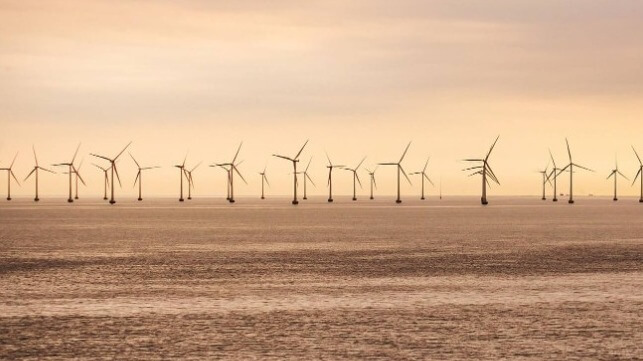Fishing Industry Wants More Funding for U.S. Offshore Wind Studies

The commercial fishing industry in the U.S. is calling for more federal funding for studies on the impact of offshore wind development on marine fisheries.
In an open letter, the Responsible Offshore Development Alliance and Seafood Harvesters of America contend that the $46 million that the administration is asking Congress to allocate in the 2023 financial year to the National Marine Fisheries Service (NMFS) to conduct surveys and research activities related to offshore wind is too low, given the rapid pace of offshore wind energy leasing.
The letter, addressed to key House and Senate leaders, represents the interests of 75 fishing associations and businesses in the U.S commercial fishing industry. These groups are asking Congress to increase research funding to a total of $73.7 million, including $43.7 million allocated for scientific survey mitigation and $30 million for cooperative research projects that address the impacts of offshore wind.
The Biden administration is engaged in aggressive push to develop offshore wind, aiming at achieving a target of 30 GW of offshore wind power by 2030. The starting point for this ambitious effort is nearly zero - roughly 0.04 GW - and the very first full-scale commercial offshore wind farm in U.S. federal waters just started construction last year.

that matters most
Get the latest maritime news delivered to your inbox daily.
In recent months, the Bureau of Ocean Energy Management has issued 28 federal OSW leases, with construction already underway for the first two major commercial wind energy facilities in the Northeast. Over 23 million acres on the Northeast Shelf, 30 million acres in the Gulf of Mexico, and one and a half million acres off the West Coast are in various stages of planning for offshore wind energy development. Some of these areas overlap with waters that are important to commercial fishing interests.
“While we acknowledge the need to take action on climate change, our government must ensure that it does everything in its power to avoid, minimize, and mitigate the impacts of [offshore wind] on our marine environment, fishing businesses, and fishing communities,” the organizations wrote.
